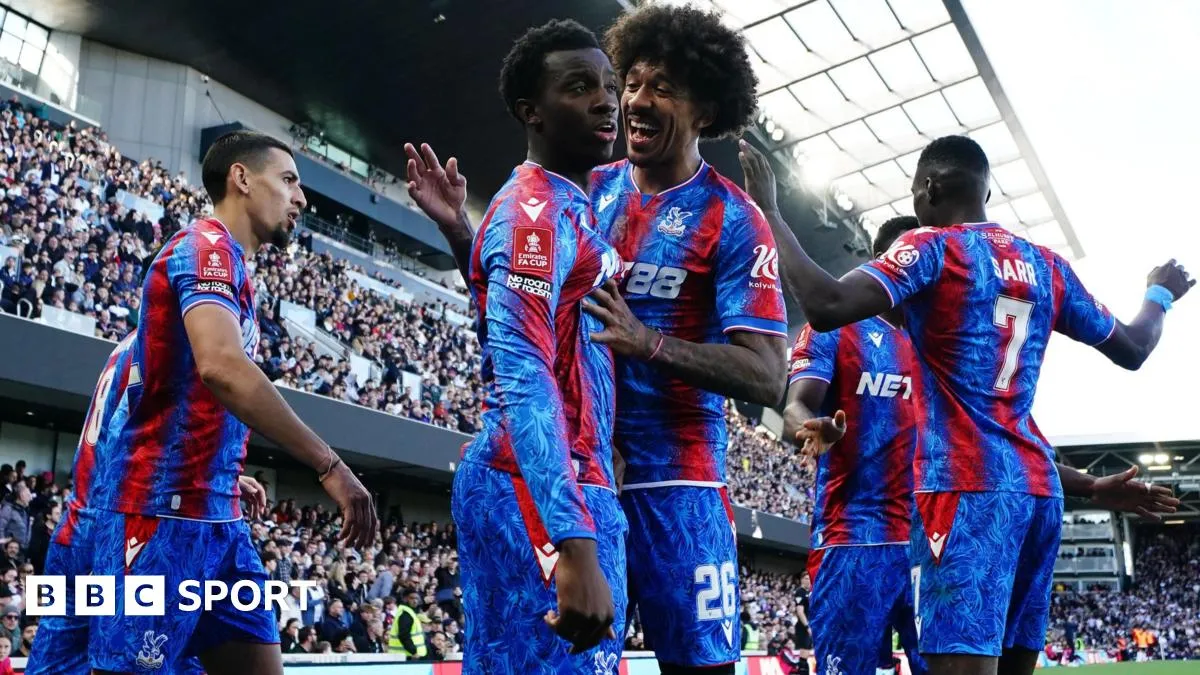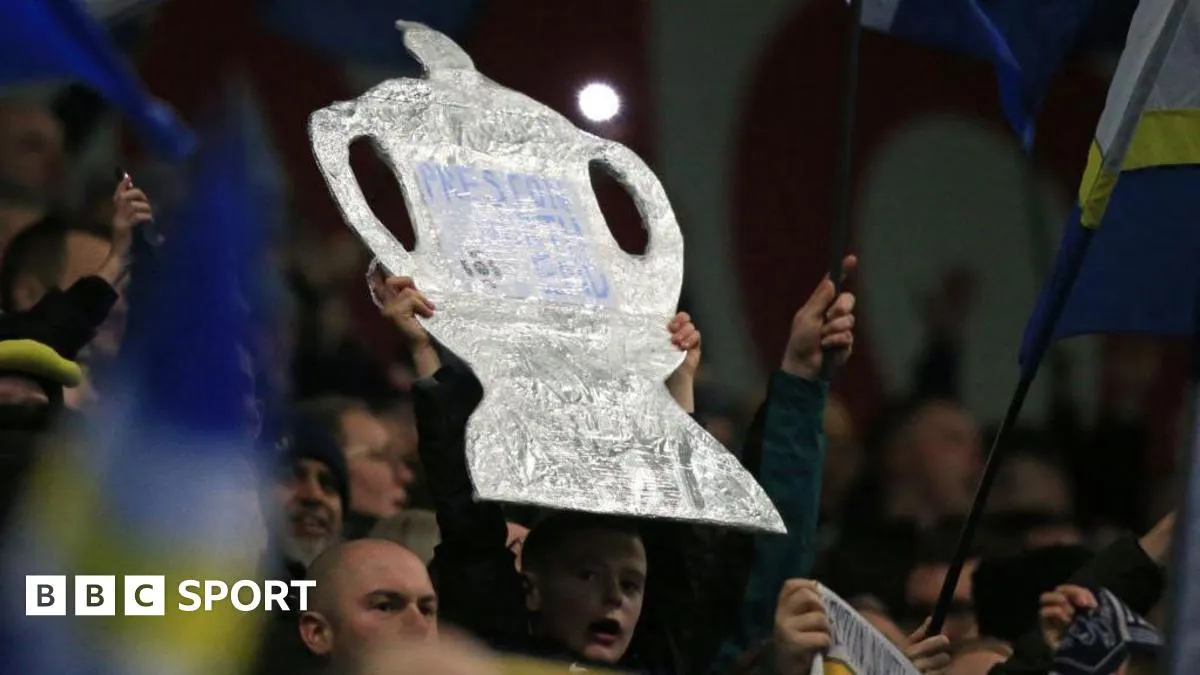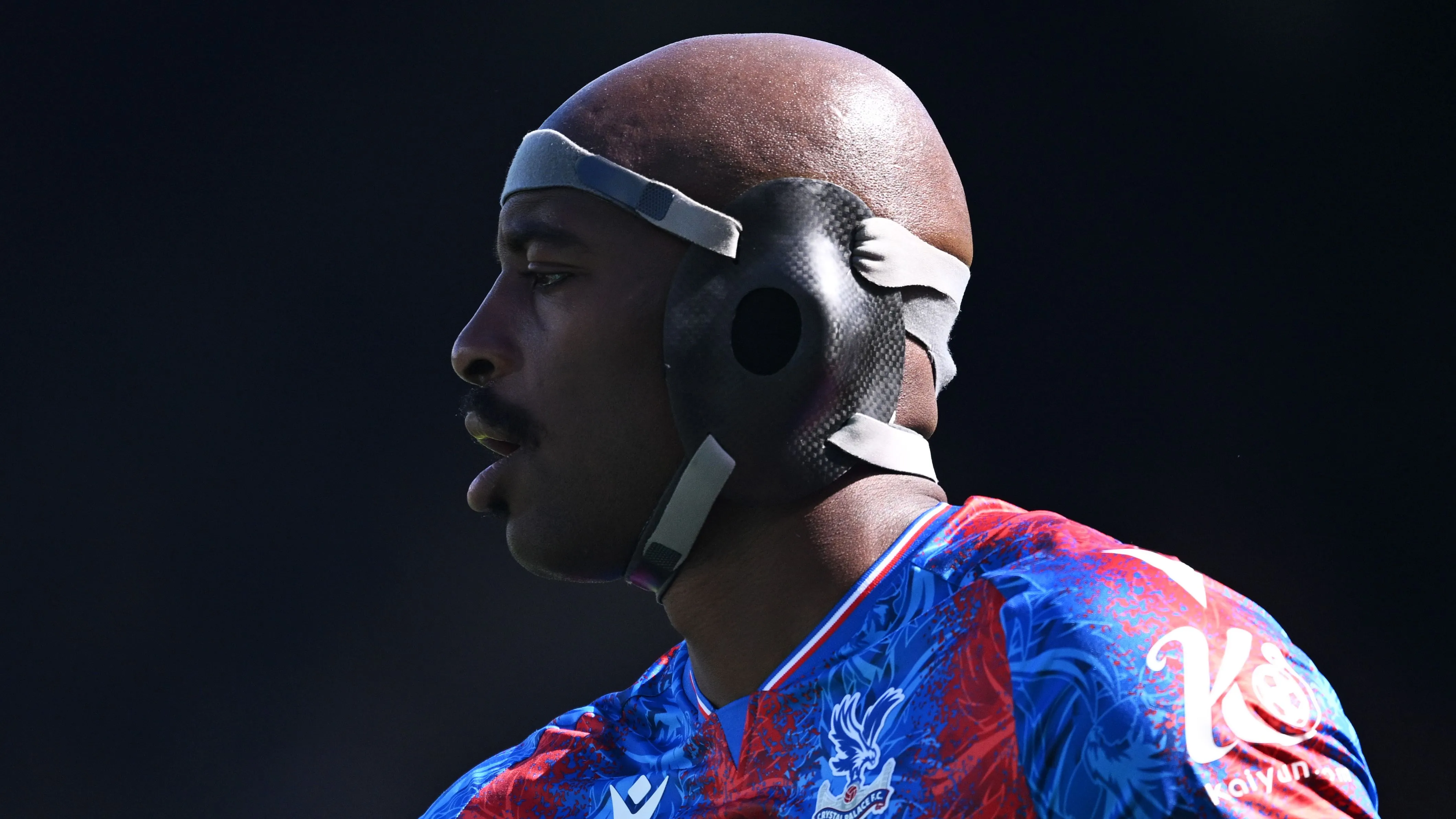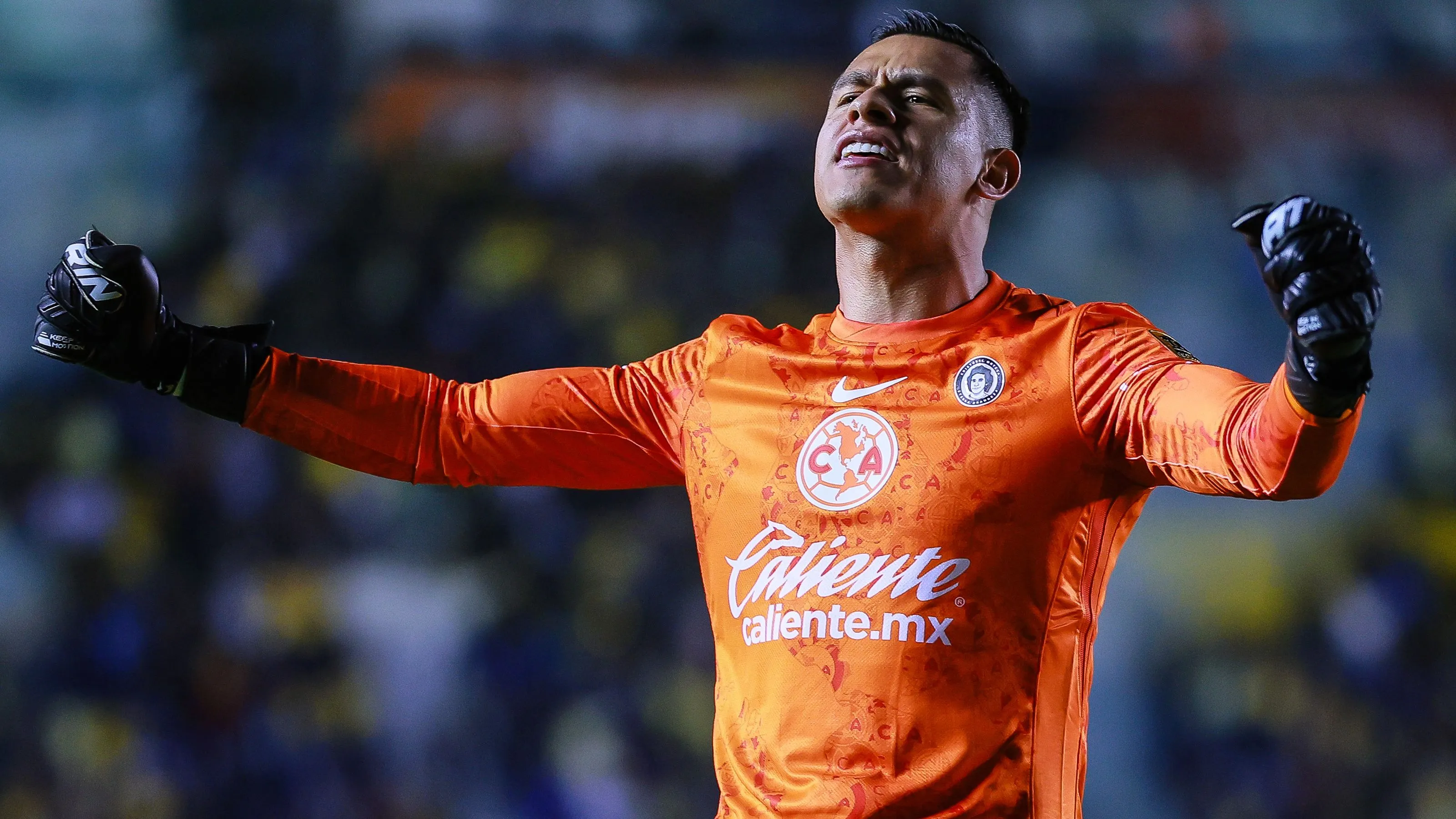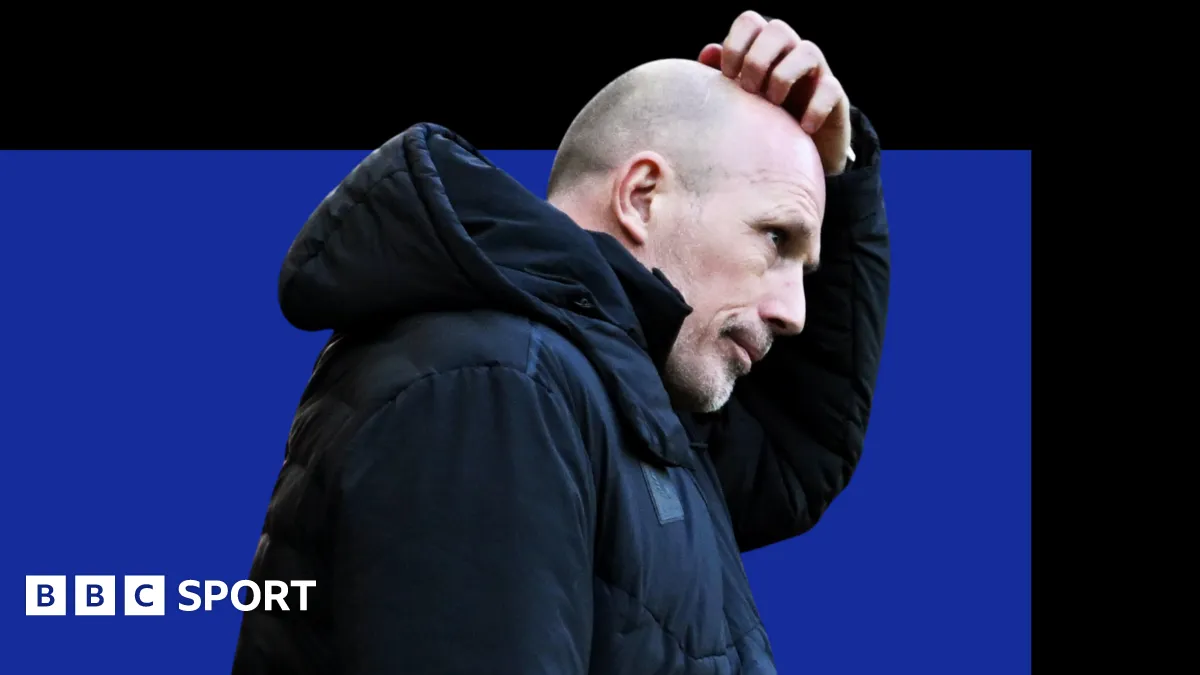
Rangers have parted ways with manager Philippe Clement following a disappointing run of results, marking another chapter in the club's ongoing managerial carousel at Ibrox.
Just a year ago, Clement appeared to be the savior Rangers had been seeking. After taking charge in October, he led the team to nine consecutive victories, transforming a seven-point deficit against Celtic into a two-point advantage. He clinched the League Cup and lost only once in his first 26 games, prompting goalkeeper Jack Butland to praise his impact, noting how the team had been "running down a cul-de-sac into a dead end" before Clement's arrival.
However, the Belgian manager's tenure ultimately succumbed to a combination of institutional challenges and tactical shortcomings. Despite showing promise in European competitions, including notable performances against Tottenham Hotspur and Manchester United, Rangers struggled domestically. The team failed to win on ten different occasions against nine domestic sides operating on considerably smaller budgets.
The final straw came after Saturday's devastating home loss to St Mirren, following a humiliating Scottish Cup exit to Queen's Park. This sequence of poor results, including dropped points against Dundee, Hibernian, and Motherwell, proved insurmountable for Clement's position.
The underlying issues at Rangers run deeper than just managerial performance. The club has been operating under financial constraints, forcing a downsizing strategy that has limited recruitment options. The current squad has shown a peculiar dichotomy - capable of rising to European occasions where pressure is lower and games more open, while struggling against domestic opponents who employ defensive tactics.
Butland's early assessment of Clement's impact proved premature, as the manager could not overcome the instability above him, with the club "lurching like a boat on choppy waters." The board's initial commitment to stick with Clement and his vision of rebuilding with young, marketable talent ultimately gave way to the pressure of poor results.
The Rangers dressing room has been criticized for lacking leadership, with too many followers and not enough commanders. As Tom English writes, "Frail ones look to the manager to do it for them. The Rangers dressing room has too many followers and nowhere near enough leaders. You would not want many of them in the trenches with you."
As Rangers begin their search for a new manager, they face the familiar cycle of change: new coaching staff, player turnover, compensation packages, and another attempt at a fresh start. Yet, as the club potentially faces ownership changes, the fundamental challenge remains - managers come and go, but the underlying issues persist unchanged.


